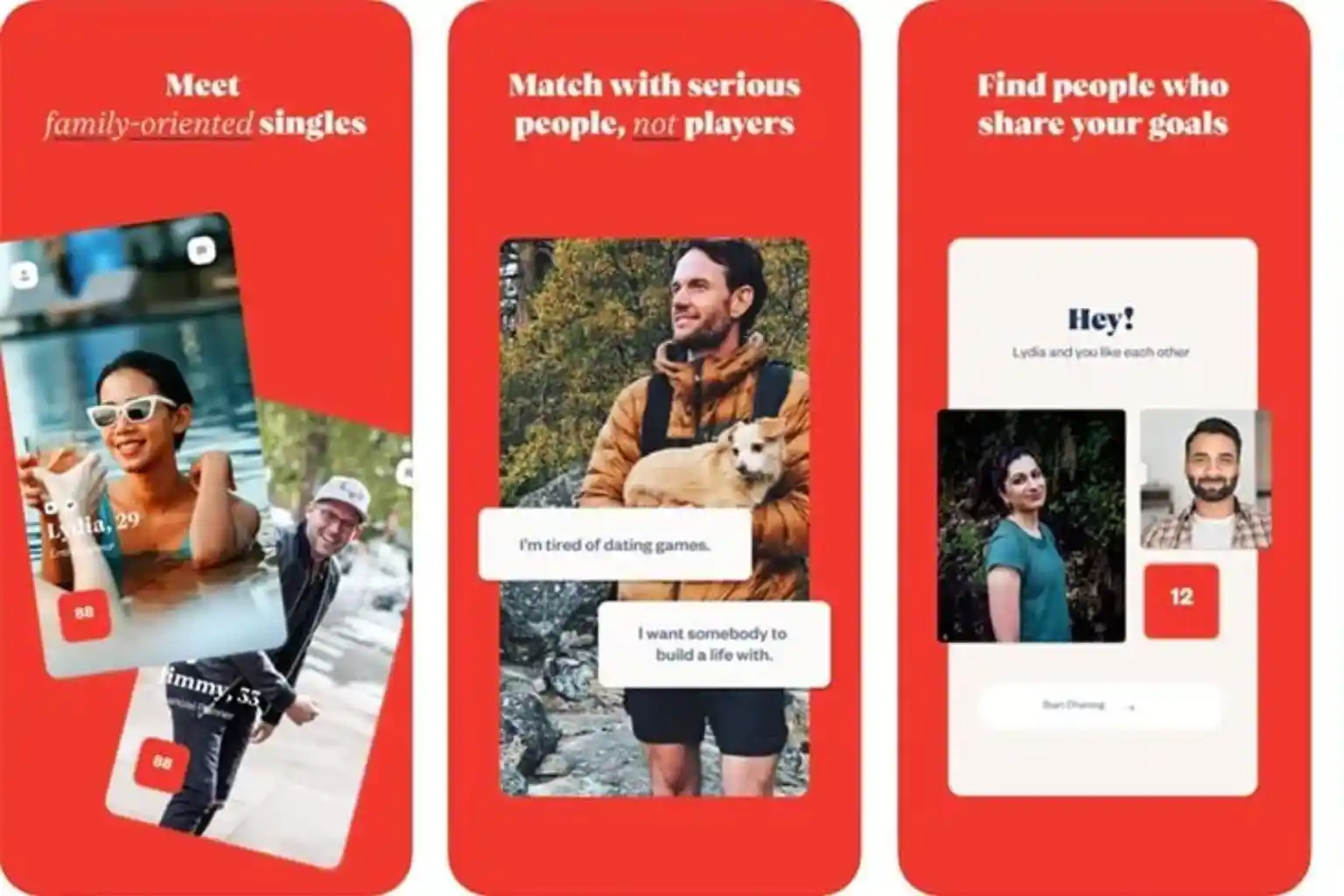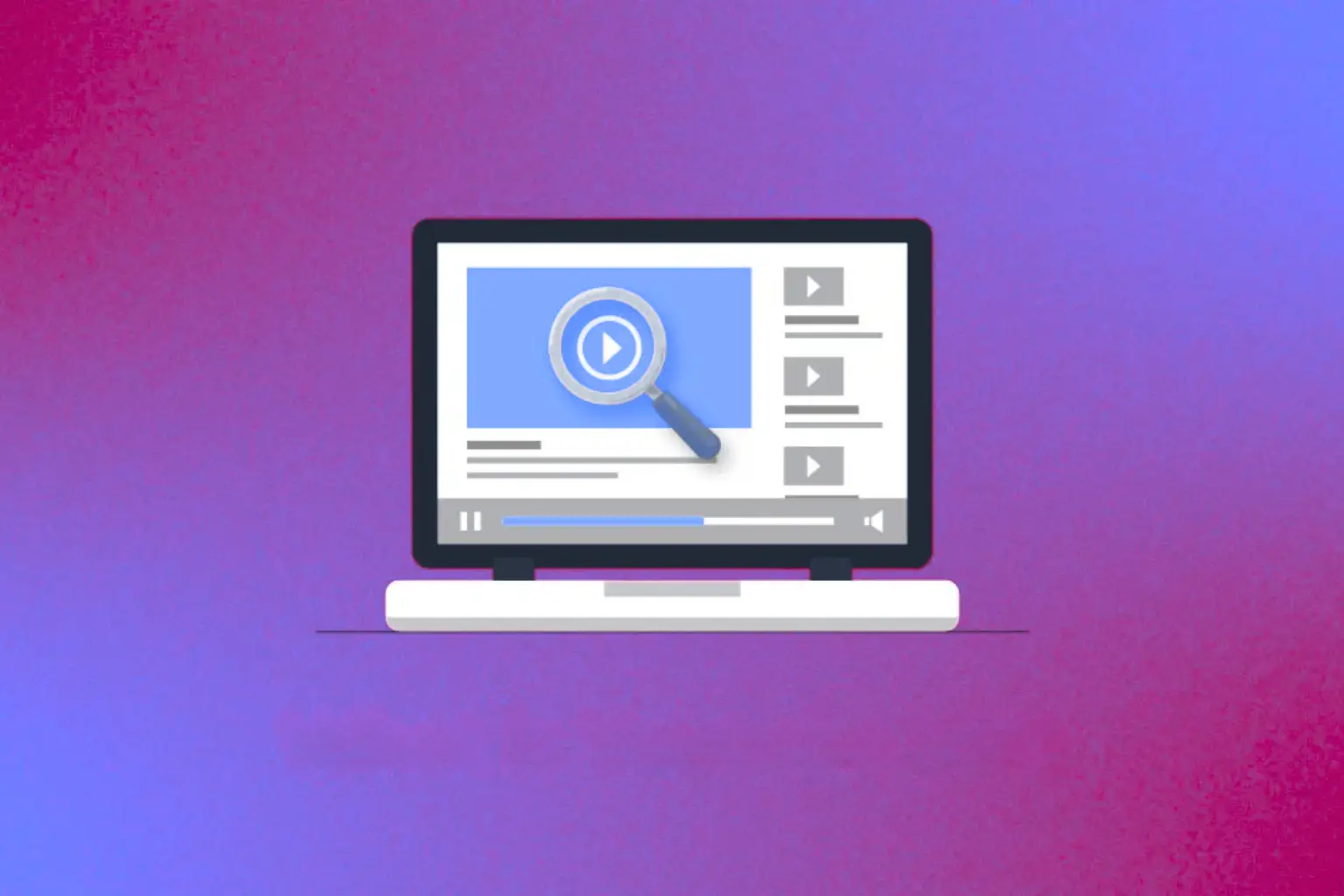
For years, mainstream dating apps like Tinder and Bumble dominated the online dating industry. But in recent years, niche dating apps have emerged, offering tailored experiences for specific communities and interests. From pet lovers and foodies to religious groups and professionals, these specialized platforms are redefining what modern dating looks like. In this blog, we’ll explore how niche dating apps are disrupting the industry, why they’re successful, and what businesses can learn from this growing trend.

The Rise of Hyper-Personalized Dating Experiences
One of the primary reasons niche dating apps are thriving is their focus on hyper-personalization. Unlike generic platforms, these apps connect people based on specific interests, lifestyles, or beliefs. For example, apps designed for fitness enthusiasts, book lovers, or vegetarians allow users to find matches who share their passions.
Hyper-personalization reduces the “trial and error” of dating. Instead of swiping endlessly through mismatched profiles, users can instantly connect with like-minded individuals. This increases satisfaction and improves long-term retention for app owners.
From a psychological perspective, people are drawn to communities where they feel understood. Niche dating apps tap into this by creating safe, familiar environments where users can express themselves authentically without judgment.
Businesses considering launching similar apps can explore Android app development or iOS app development tailored for niche audiences. This approach ensures functionality matches user expectations.
Hyper-personalization also enhances marketing potential. Apps can run highly targeted campaigns that resonate strongly with their specific audience, driving more efficient acquisition strategies.
Ultimately, the ability to personalize experiences is one of the strongest competitive advantages niche dating apps hold over mainstream platforms.
By focusing on specific identities and communities, these apps disrupt the industry by redefining what meaningful digital connections look like.
Building Stronger Communities Around Shared Values
Niche dating apps thrive because they act as more than matchmaking platforms—they build communities. Shared values and interests bring users together in ways that extend beyond dating. For example, apps designed for religious groups often facilitate friendships, mentorships, and networking alongside romance.
Community-building increases user loyalty. When people feel like they belong to a group, they’re more likely to stay engaged and recommend the app to others. This organic growth gives niche apps a competitive edge over generic platforms that lack community depth.
Stronger communities also allow for more user-generated content. Discussion boards, group activities, and events within the app enhance engagement, giving users more reasons to log in frequently.
For businesses, fostering community requires careful design. Features such as in-app forums, interest-based groups, and content-sharing options strengthen bonds between users. Integrating social media marketing campaigns amplifies these communities outside the app.
Communities are also more forgiving of app flaws when they feel emotionally invested. This creates resilience, giving niche apps more time to improve compared to mainstream competitors under constant scrutiny.
Building communities transforms dating apps from transactional platforms into ecosystems where users feel emotionally connected.
In an industry driven by fleeting swipes, niche apps disrupt by building long-lasting bonds that go beyond romance.
Leveraging Technology for Smarter Matching
Technology plays a vital role in the success of niche dating apps. Machine learning and AI algorithms enhance compatibility by analyzing user behaviors, interests, and values. These systems improve over time, offering smarter recommendations than generic swipe-based platforms.
Unlike mainstream apps that rely heavily on location-based matching, niche platforms use filters aligned with community interests. For instance, a vegan dating app may prioritize dietary preferences, while a travel-lover app might highlight shared destinations.
AI-driven chatbots can also enhance user experience by helping start conversations or suggesting ice-breakers based on shared interests. This reduces awkwardness and improves engagement rates.
Integrating AI development solutions ensures niche apps remain competitive by continuously refining their algorithms for better outcomes.
Technology also enhances safety. Advanced verification processes, video profiles, and AI-driven fraud detection make users feel more secure—critical in the dating space.
Smarter technology improves retention by increasing match success rates. When users find meaningful connections, they’re more likely to stay active and even pay for premium features.
By leveraging cutting-edge technology, niche dating apps disrupt not only how people match but also how they build trust in digital relationships.
Monetization Strategies Tailored for Niche Markets
Monetization is often a challenge for mainstream dating apps due to high competition. Niche apps, however, benefit from loyal user bases willing to pay for premium experiences that cater to their specific needs.
Subscription models are common, offering users enhanced features like unlimited messaging, advanced filters, or priority matching. Because niche users are highly invested in their communities, they’re more likely to subscribe compared to casual users on mainstream apps.
Event-based monetization is another trend. Niche apps can organize community meetups, virtual speed dating, or themed networking events, generating revenue while strengthening community bonds.
Targeted advertising also works better in niche apps. Advertisers value platforms where audiences are clearly defined, such as professionals, pet lovers, or specific cultural groups. This makes ad campaigns more efficient and profitable.
Businesses launching niche apps should also consider in-app purchases, such as profile boosts, gifts, or exclusive access to premium groups. These microtransactions add flexibility to monetization.
Collaborating with PPC advertising campaigns can help optimize revenue streams by targeting the right demographics.
By tailoring monetization to community needs, niche dating apps prove that profitability doesn’t require massive user numbers—it requires engaged, loyal audiences.
Redefining Inclusivity and Representation
Mainstream dating apps have often been criticized for lack of inclusivity. Niche dating apps disrupt this by prioritizing representation for underrepresented groups, whether based on culture, orientation, lifestyle, or profession.
Apps tailored for LGBTQ+ communities, single parents, or specific religious groups create safe spaces where users feel acknowledged and respected. This inclusivity builds trust and long-term loyalty.
Inclusivity isn’t just about identity—it’s also about accessibility. Features like multilingual interfaces, assistive technologies, and global reach make niche apps appealing to diverse audiences.
For businesses, inclusivity expands market potential. Niche platforms can penetrate markets underserved by mainstream competitors, giving them a disruptive advantage.
Aligning inclusivity with brand identity development ensures messaging remains authentic and resonates with target users.
By focusing on inclusivity, niche apps not only meet market demand but also redefine industry standards for representation.
This disruption highlights a shift toward a more diverse and user-centric dating app ecosystem.
bThe Role of Marketing in Driving Virality
Even the best app won’t succeed without strong marketing. Niche dating apps rely on targeted campaigns that resonate with their specific audience. Unlike broad marketing, these campaigns are precise and emotionally compelling.
Influencer marketing is particularly effective. Collaborating with micro-influencers within the niche builds credibility and attracts highly relevant users. A pet lover dating app, for instance, might partner with popular pet bloggers or Instagram accounts.
Content marketing also plays a role. Blogs, videos, and social posts highlighting success stories or tips for the community build trust and organic engagement. Partnering with blog writing services ensures quality and consistency.
Social proof—such as testimonials, user stories, and media coverage—drives downloads by making the app feel established and trustworthy.
Viral campaigns that align with niche humor, struggles, or aspirations often achieve high engagement. When users see themselves reflected in marketing, they’re more likely to share content and join the platform.
Paid campaigns like influencer marketing and PPC amplify reach, ensuring consistent growth.
Marketing is the bridge between great app design and mass adoption—without it, even the most innovative niche apps may struggle.
The Future of Niche Dating Apps
The disruption caused by niche dating apps is only beginning. As technology advances and user expectations evolve, these platforms will continue shaping the future of digital relationships.
We’ll see more integration with AI, VR, and AR to create immersive dating experiences. Virtual reality meetups, AI-driven matchmaking, and augmented interactions will redefine how people connect.
Niche apps will also expand globally, tapping into communities in emerging markets that remain underserved by mainstream platforms. Localization and cultural customization will be key drivers of this growth.
Sustainability and inclusivity will remain core values. Apps that align with ethical practices, such as data privacy and safe interactions, will win user trust long-term.
Businesses considering entry into this space can leverage custom development services to build scalable platforms tailored for niche markets.
The rise of niche dating apps reflects a broader digital trend: people want personalization, representation, and meaningful interactions—not one-size-fits-all solutions.
As the industry continues evolving, niche apps will lead the charge in redefining modern love and digital connection.
Conclusion
Niche dating apps are rewriting the rules of online dating. By offering personalized experiences, fostering communities, leveraging technology, and prioritizing inclusivity, they’ve disrupted an industry once dominated by generic platforms.
For businesses, the lesson is clear: the future lies in specialization and authenticity. Users crave platforms that reflect their values and interests. Those who deliver this will win loyalty, engagement, and market share.
🚀 Want to build the next disruptive app? Get a Quote today and let Mahi Media Solutions design a niche app that connects communities and drives growth.




